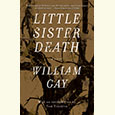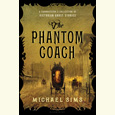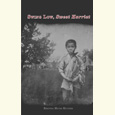Four Brooklyn Girls
Jacqueline Woodson’s Another Brooklyn meditates on the nature of friendship, love, and loss
With Another Brooklyn, celebrated children’s author Jacqueline Woodson has written her first novel for adults in twenty years—the coming-of-age story of four Brooklyn girls determined not to be defined by their families’ tragedies. The novel is a lyrical testament to childhood, pulsating with emotions that often feel beyond language. Woodson has a genius for meeting readers exactly where they are, taking a hand, and leading them through a fully realized world.
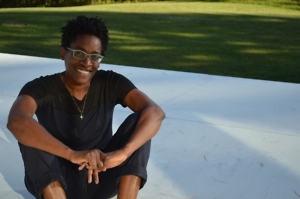
Set in the neighborhood of Bushwick, Brooklyn, in the present day, the story is told in the voice of August, who is home briefly for a funeral, and her chance encounter on the subway with an old friend. Flashbacks to 1970s Brooklyn show a neighborhood in transition as white flight erases real-estate values, and soldiers return from Vietnam to languish in doorways with needles in their arms. August arrives in Brooklyn at age eight with her father and baby brother. The children’s mother is absent: “Memory,” August explains, “like a bruise. Fading.”
With their father working at a department store all day, August and her brother are confined to their small apartment, pressed up against the window, watching the city block, longing to be part of the world. Slowly they are allowed to venture outside, to the curb, to the corner, and August finds her tribe in the form of three best friends, “the four of us sharing the weight of growing up Girl in Brooklyn, as though it was a bag of stones we passed among ourselves saying, Here. Help me carry this.”
Woodson’s lyricism will fool you into thinking you are reading a poem, but there’s a story here, as well, an arc that is as familiar as childhood itself and just as surprising and heartbreaking. As August and her friends navigate the risky and uncertain world of adolescence, they protect themselves and each other as best they can, hiding razor blades in their stockings against men who grope beneath the stairs, affirming each other’s beauty and worth, promising the kind of forever friendship that we believe in only when we are young. The story pulsates with a love that can’t be quantified—a love that falls away like an avalanche.
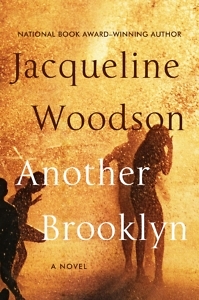 Against the backdrop of Bushwick, August struggles to come to terms with her mother’s past even as she dreams of a better life: “Everywhere we looked, we saw the people trying to dream themselves out,” Woodson writes. “As though there was someplace other than this place.” She balances nostalgia for pre-gentrification Brooklyn with the reality of its limitations: the girls know that a piece of the world belongs to them, but all around them people are coming to very little. The heroin epidemic is in full force, teens lose their youth to pregnancy or rape, mothers go mad, and families fall apart. The girls struggle to create their own destinies, with mixed results. As her father and brother find meaning in the Nation of Islam, August seeks understanding in the eyes and the touch of her friends.
Against the backdrop of Bushwick, August struggles to come to terms with her mother’s past even as she dreams of a better life: “Everywhere we looked, we saw the people trying to dream themselves out,” Woodson writes. “As though there was someplace other than this place.” She balances nostalgia for pre-gentrification Brooklyn with the reality of its limitations: the girls know that a piece of the world belongs to them, but all around them people are coming to very little. The heroin epidemic is in full force, teens lose their youth to pregnancy or rape, mothers go mad, and families fall apart. The girls struggle to create their own destinies, with mixed results. As her father and brother find meaning in the Nation of Islam, August seeks understanding in the eyes and the touch of her friends.
Woodson’s trademark rich imagery creates a kaleidoscopic view of August’s life: the turquoise refrigerator that leaned against the mustard-colored wall in her old home in rural Tennessee; the “sweet copper” of her friend Sylvia’s skin, “diamonded over, brilliant”; the pickled pig’s feet in the jar on the counter of the bodega; tiny American flags strung across a mother’s house with brown extension cords as she waits for her son to come home from the war. These details form impressions that quiver in space, revealing the emotions that are hardest to define: love, hope, intimacy, and loss. Woodson renders these themes with restraint, letting readers find wisdom in themselves and in memories of their own lost youth.
As August comes of age, she is drawn to the mystery of death and in doing so feels her solitude. Another Brooklyn reminds us that we are unknowable to one another, that even in our most fervent grasping we remain only our own. And in this reminder, Woodson ignites the thin wick of memory and fans the flames of our own beautiful and devastating youth.
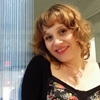
Erica Ciccarone is an independent writer living in Nashville. She holds an M.F.A. from the New School and contributes regularly to several print and online publications and to Nashville Public Radio.
